Paris '50 - Existence imagined (1981)
An essay film about Jean-Paul Sartre and the French Existentialists, featuring Roland Barthes' last interview.
An essay film about Jean-Paul Sartre and the French Existentialists, featuring Roland Barthes' last interview.
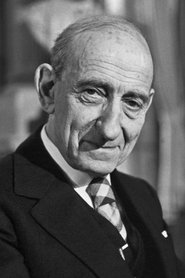 Raymond Aron
Raymond Aron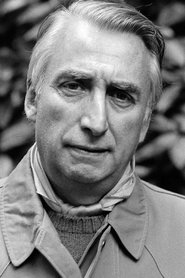 Roland Barthes
Roland Barthes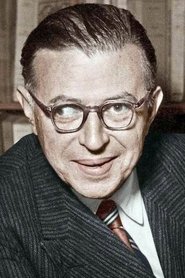 Jean-Paul Sartre
Jean-Paul Sartre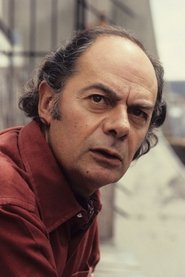 Claude Lefort
Claude Lefort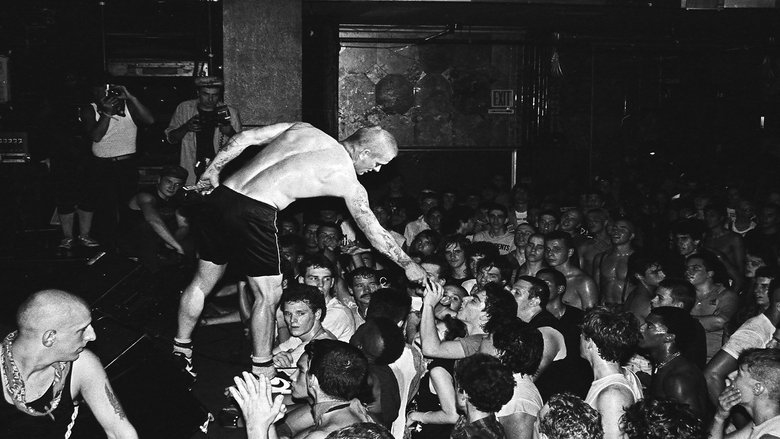
Inspired by Steven Blush's book "American Hardcore: A tribal history" Paul Rachman's feature documentary debut is a chronicle of the underground hardcore punk years from 1979 to 1986. Interviews and rare live footage from artists such as Black Flag, Bad Brains, Minor Threat, SS Decontrol and the Dead Kennedys.
How do you put a life into 500 words? Ask the staff obituary writers at the New York Times. OBIT is a first-ever glimpse into the daily rituals, joys and existential angst of the Times obit writers, as they chronicle life after death on the front lines of history.
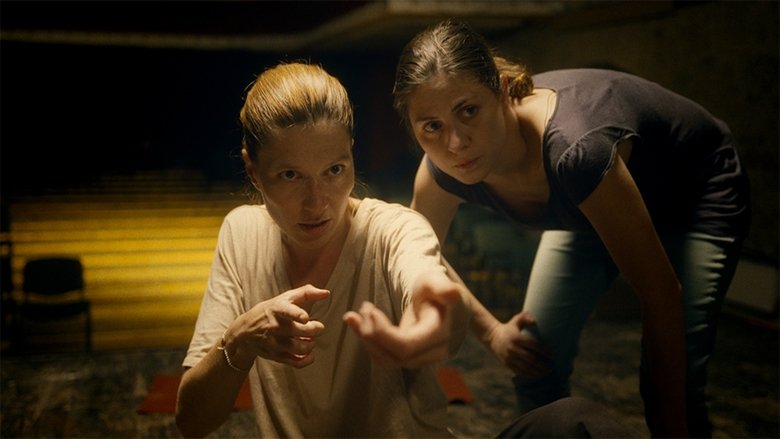
Five young Ukrainians discuss life following the Maidan Revolution of 2014. Not all fought in the Russian-Ukrainian war, but it, regardless, shattered their life plans. Representing 'Generation Maidan', they face the question of how to cope with experiences of violence, how to go on. A local theatre director produces Hamlet, wherein they can use Shakespeare’s tragic character as a mirror and face their traumas onstage. For them, 'to be or not to be' is not simply text but an existential dilemma with no clear answer.
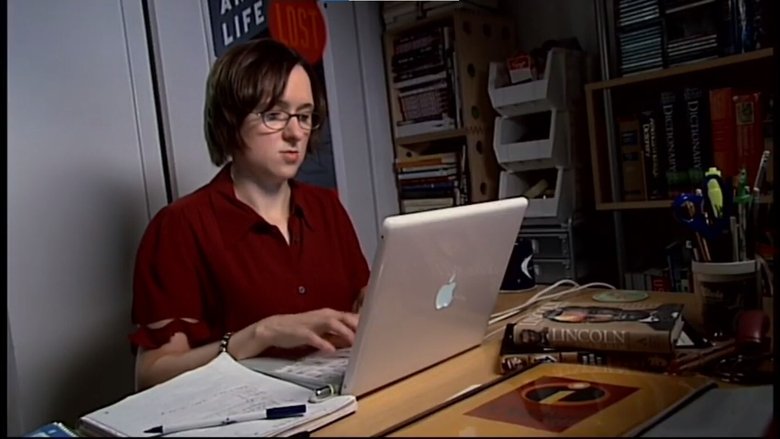
This Pixar documentary short follows Sarah Vowell, who plays herself as the title character, on why she is a superhero in her own way. (This short piece is included on the 2-Disc DVD for "The Incredibles", which was released in 2005.
In Dr. Wayne Dyer's public television special, taped live in front of a thousand fans in Boston's historic theater district, he transforms conventional thinking about making things happen in our lives into a profound understanding of how each person possesses the infinite potential and power to co-create the life he or she desires. To accomplish this, Dr. Dyer takes the audience through a journey into the seven faces of intention - 1: creativity, 2: kindness; 3: love, 4: beauty, 5: expansiveness, 6: abundance, and 7: receptivity. Throughout the program, Dr. Dyer illustrates his points with signature stories that move the audience to tears--as well as abundant laughter.
People are forever using excuses and defending those excuses as if they were actually true. Such statements as 'It would be very difficult for me to change', or 'I'm too old/young to change' are all excuses used regularly without challenging the truth of these thinking habits. When you eliminate excuses that explain your shortcomings or failures, you'll awaken to your infinite possibilities.
A visual essay that highlights top-down shots from Wes Anderson's filmography.
Filmmaker Peter Sasowsky examines the life and work of artist Joe Davis

Twenty-five films from twenty-five European countries by twenty-five European directors.
A visual essay on contemporary Kiwi architecture.
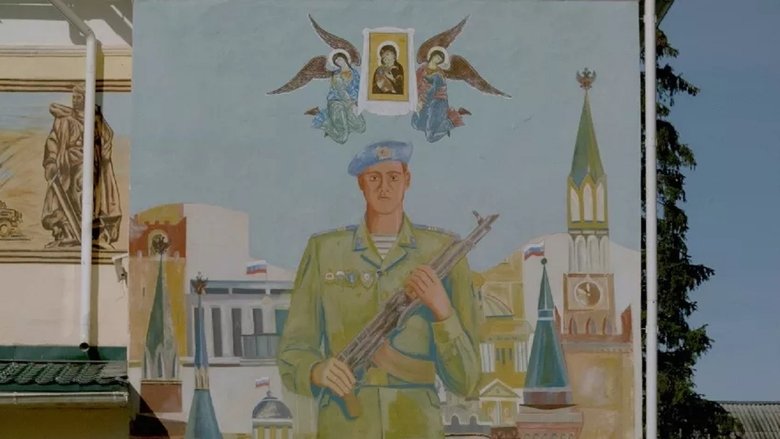
1940. On the border between Latvia and the USSR, a woman is killed in front of her house as she tried to protect her son from the liberating attack of the Soviets. Almost 80 years later, the archive photo bearing witness to this news item and representing a collateral victim of the European Union’s founding conflict forms the starting point for a journey undertaken by Davis Sīmanis. He navigates from one side to the other of this border, which today represents another separation, one that is geographical but also cultural: between Europe and Russia.

Dr. Francis Schaeffer's spectacular series on the rise and decline of Western culture from a Christian perspective.
NOTFILM is a feature-length experimental essay on FILM -- its author Samuel Beckett, its star Buster Keaton, its production and its philosophical implications -- utilizing additional outtakes, never before heard audio recordings of the production meetings, and other rare archival elements.
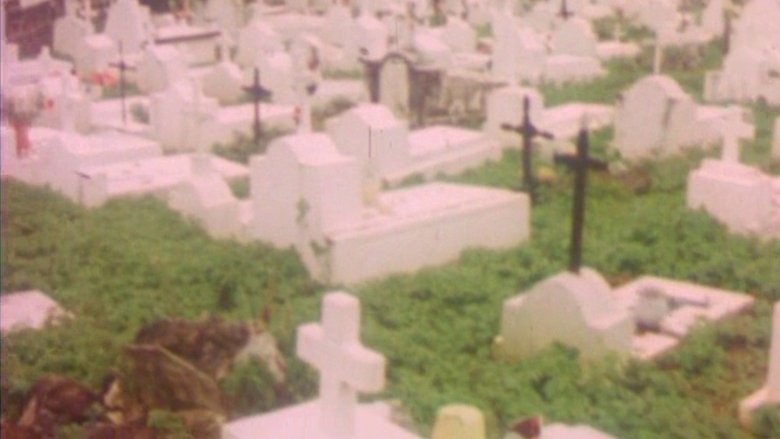
For 'Et les chiens se taisaient' Maldoror adapted a piece of theatre by the poet and politician Aimé Césaire (1913–2008), about a rebel who becomes profoundly aware of his otherness when condemned to death. His existential dialogue with his mother reverberates around the African sculptures on display at the Musée de l'Homme, a Parisian museum full of colonial plunder whose director was the Surrealist anthropologist Michel Leiris.
Building on Forensic Architecture’s previous investigation into herbicidal warfare and its effects on Palestinian farmers along the eastern perimeter of the occupied Gaza Strip, this investigation marks Land Day in Palestine by examining the systematic targeting of orchards and greenhouses by Israeli forces since October 2023. Our analysis reveals that this destruction is a widespread and deliberate act of ecocide that has exacerbated the ongoing catastrophic famine in Gaza and is part of a wider pattern of deliberately depriving Palestinians of critical resources for survival.

Michael Sheen faces the interview of a lifetime with The Assembly, a group of autistic, neurodivergent, and learning disabled people. Expect revelation, chaos, and a lot of laughs.
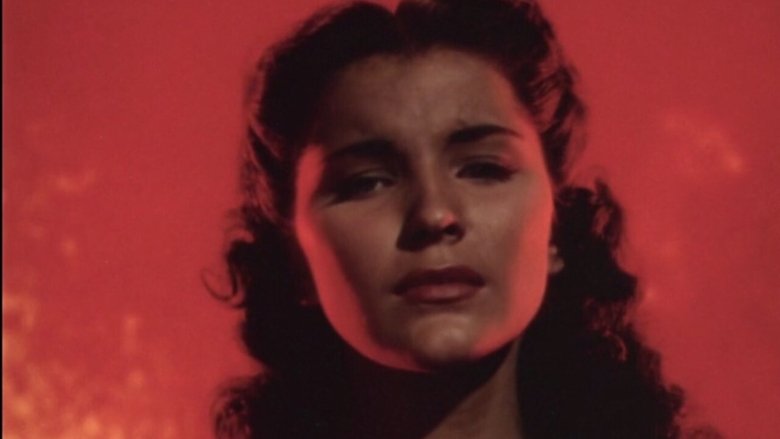
A video essay where the author presumes motivations and insights in a fictionalized biography regarding Debra Paget, a contract player for 20th-Century Fox whom they groomed and coached for stardom.
What happens to a person's self when she retires and no longer has the job to lean on? Documentary filmmaker Lars Lennart Forsberg asked that question to about ten retirees but never had the chance to complete his project. Olle Häger and Kjell Tunegård had to take over and let the e-mails exchanged between Lars Lennart Forsberg and Olle Häger become keys to "The Film That Didn't Get Made".